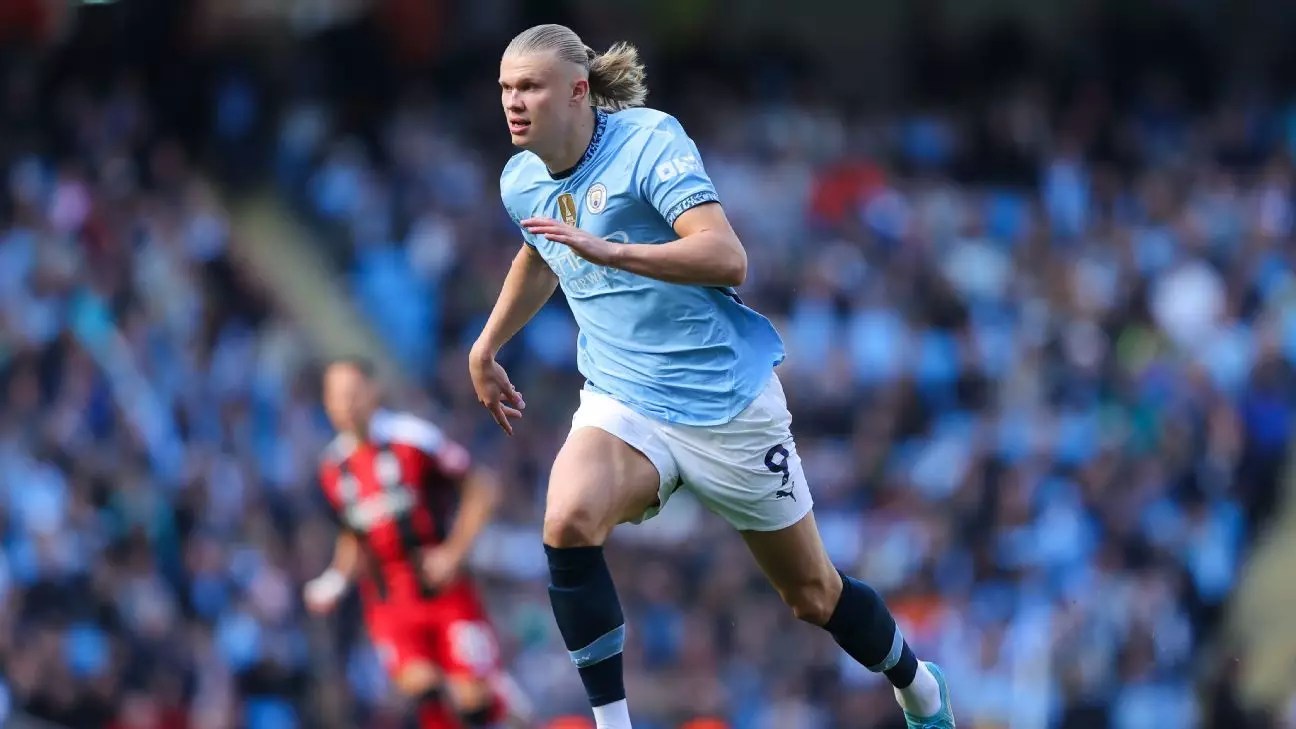In the world of professional football, transfer windows often stir excitement and speculation as clubs vie to enhance their squads. However, Barcelona’s sporting director, Deco, has recently suggested a more tempered approach for the club, indicating they are unlikely to pursue major signings in the foreseeable future. This article delves into Deco’s statements, examining the rationale behind the club’s current strategy, its implications on team dynamics, and how Barcelona plans to navigate its competitive landscape.
Barcelona is enjoying a robust performance under head coach Hansi Flick, currently leading LaLiga and edging towards a secure position in the Champions League knockout stages. The team boasts the strongest attack in the league, with veteran striker Robert Lewandowski at its helm, which creates a platform for stability and success. Deco articulated this point by asserting that while there is admiration for other players, including Manchester City’s Erling Haaland, the focus should remain on maximizing the potential of the current squad. The assertion that “we are not planning anything with any ‘nine'” stems from a careful assessment of the team’s needs versus its capabilities.
Deco’s comments reveal that the management is prioritizing the current season over speculative future pursuits. This strategic focus on existing assets underscores an understanding that integrating new high-profile signings risks disrupting team cohesion and dynamics. Lewandowski’s contract situation further amplifies the club’s perspective; with him tied down until 2026—and an option for an additional year—the reliance on his experience and goal-scoring capabilities takes precedence over unproven recruits.
When discussing potential targets like Viktor Gyökeres from Sporting CP, Deco maintained a cautious tone. He acknowledged Gyökeres’ successful season, scoring 23 goals in 18 appearances, but reiterated that addressing immediate needs takes precedence over chasing external talent. “It’s not a priority for us right now,” he stated, reflecting a mindset aimed at maintaining focus on in-house improvement rather than external additions.
This approach speaks to a broader philosophy within the club: asset utilization and trust in the existing player roster. By fostering a sense of continuity, Barcelona aims to deepen player integration and promote collective performance. The contemplation of signings should thus emerge only when deemed absolutely necessary, ensuring that any incoming talent fits seamlessly within an already potent unit.
Deco’s remarks regarding Nico Williams highlight a critical lesson in modern football management—the importance of player commitment. Williams’ decision to remain with Athletic Club rather than moving to Camp Nou signifies that ambitions must align for a transfer to be successful. This incident showcases the evolving nature of club negotiations, where finding talent is only part of the equation; players must also exhibit a willingness to join and contribute to the vision of the football club.
Additionally, Deco confirmed Barcelona’s recent acquisition of Wojciech Szczęsny, a move designed to provide stability in the wake of a serious injury to Marc-André ter Stegen. The urgency of the situation necessitated a quick fix, demonstrating that while broad transfer ambitions may be tempered, acute responses to immediate needs remain essential. Deco’s perspective on potential goalkeeper Diogo Costa highlighted an emphasis on long-term planning—focusing on recovering talents rather than recruiting potential understudies.
Barcelona’s current philosophy under Deco is one that prioritizes stability and strategic restraint over rampant spending. The club’s leadership recognizes that to build a lasting legacy and compete effectively, especially in a season marked by its own challenges, strategic focus and player continuity are paramount. The emphasis appears to be less on flashy signings and more on maximizing the squad’s potential, promoting a collaborative ethos, and reaping the benefits of a well-rounded team dynamic.
As the transfer windows approach, fans and analysts alike will be keenly watching how Barcelona balances short-term needs with long-term aspirations. While the club might not be making headlines with big-money acquisitions, Deco’s assertion of “focusing first on what Robert can do” illustrates a profound commitment to nurturing existing talent and fostering a legacy of success through stability and cohesion.


Leave a Reply